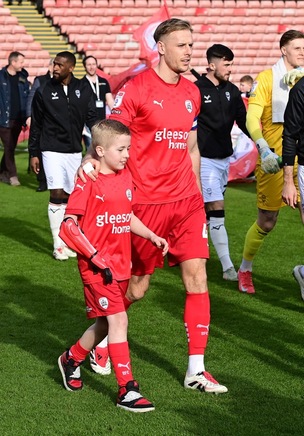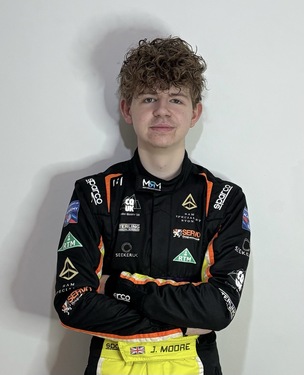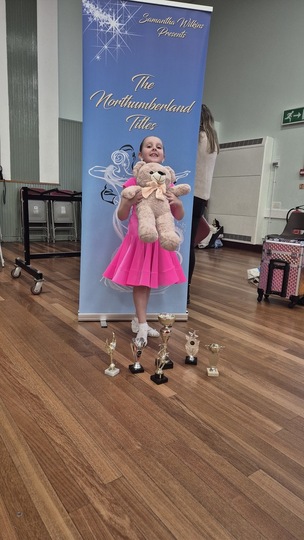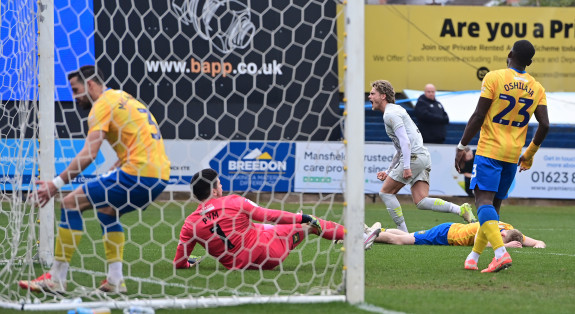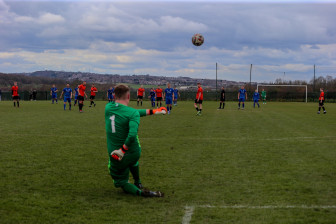I like language and words are my currency; I’ve made a living from the writing and spouting them for decades and I think about them all the time. I ponder their meaning, I contemplate their sound, I enjoy reading them on the page and listening to them on the bus.
I often like to unlock them and go to a dictionary to find their meaning, to find where they’ve come from and how far they’ve travelled to arrive at our mouths and ears. I like the way that language changes all the time, and new words are coined and old words slip away and go from the street to the museum. I was on a bus the other day and an older man said to his mate ‘I were just siding’t pots’ and I realised I’d not heard that word for a while and that sent me to the internet where I was told that it might come from ‘the repairing or forming of the sides of a ploughshare.’ Blimey. And it also says that the word is obsolete. Well, tell that to those blokes on the 219!
So because of all that word-talk you’d think that I’d be good at word games but I’m sorry to announce that I’m not. Crosswords baffle me and anagrams leave me scratching my head and wondering what the jumble of letters in front of me could actually be rejumbled into. It’s strange because, as I said, words are my currency and I love to spend them and share them and give them away, but ask me what a three-letter word in a simple puzzle is and my mind becomes like the double-blank in a game of dominoes.
Every so often, about once a year, I decide that word games will become my thing, perhaps in an attempt to keep my brain in good working order. This is despite the fact that I spend a lot of time reading poetry and prose that could be said to be quite hard to fathom, and I enjoy attempting to fathom it. I tell myself that the poetry works on my mind, whereas the word games work on my brain and maybe it’s my brain that needs to be kept fit.
So on those days when I’ve decided to tackle word games again, I’ll stare at a cryptic crossword for about half an hour in the way that I’ll stare at an abstract painting in a gallery for half an hour. No, that’s wrong: I enjoy staring at the abstract painting because I get things from it, I enjoy making connections and stories from it, I enjoy admiring the craft and the technique and the way it looks like nothing but itself. The cryptic crossword clue, on the other hand, seems to be written in a code that I can’t crack, no matter how hard I try. I’ll read the clue and then I’ll read it again: ‘Make known Imogen is to leave’ Six letters. I read it again: Make known Imogen is to leave. Eh? Who’s Imogen? Where’s she going? The top of Dodworth Bottoms? I don’t know anybody called Imogen; if I did, I’d send her a text and ask her where she was off to.
I realise that’s the wrong way to approach a cryptic crossword. I know there’s no such person as Imogen and she’s not really going anywhere and really I just have to work out a six-letter word from the clue given but I can’t. I really can’t. And I can’t even look the answer up because the crossword is in a today’s paper and the solution won’t be in until tomorrow.
There’s a storytelling part of my brain that is making up a tale about Imogen and why it’s being made known that she’s leaving, and next time I do a poetry workshop I might well use that clue as a prompt and I’m sure some excellent poems will be made from her leaving. This isn’t a story, though: it’s a crossword clue and I have no idea what it means. Somewhere within that single word Imogen, the answer is waving at me. Is it the Imo? Is it the Gen?
Oh, I don’t know. I’ll just go back to reading, writing, talking and listening, I think. Until the next time I try to solve an anagram.

